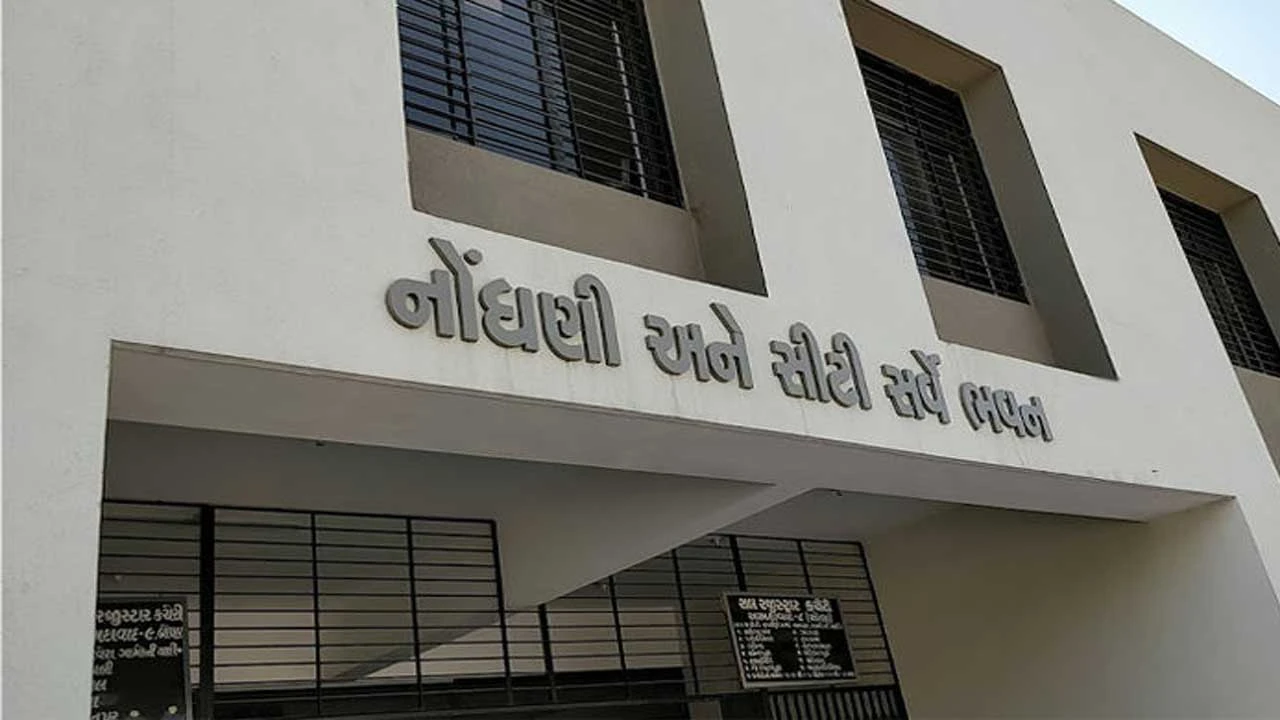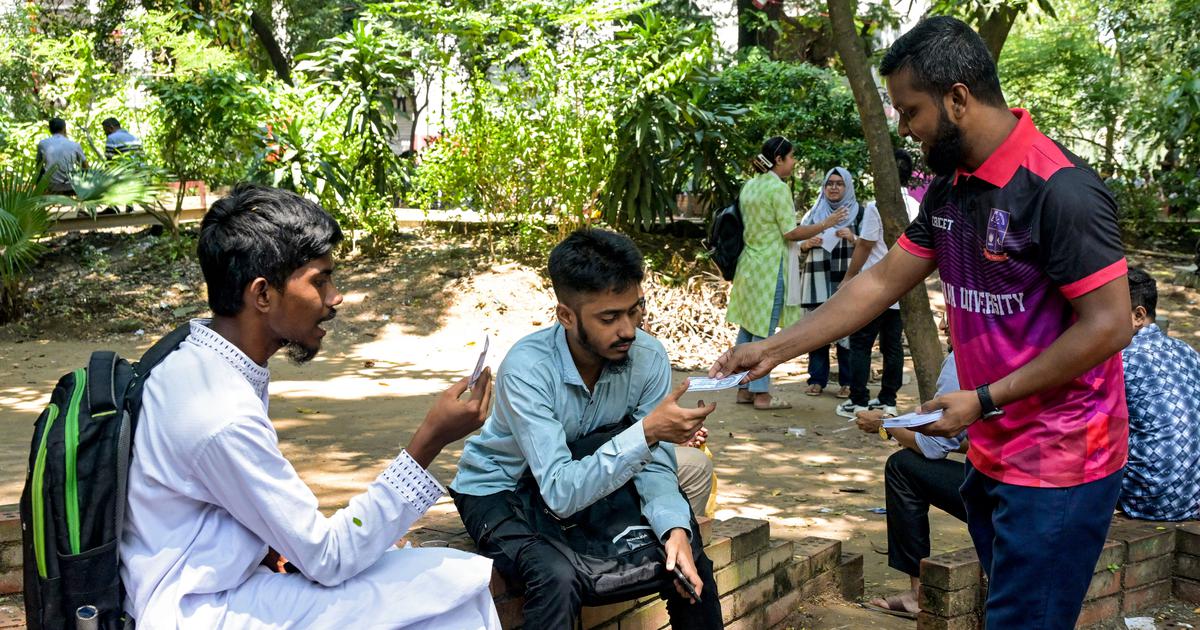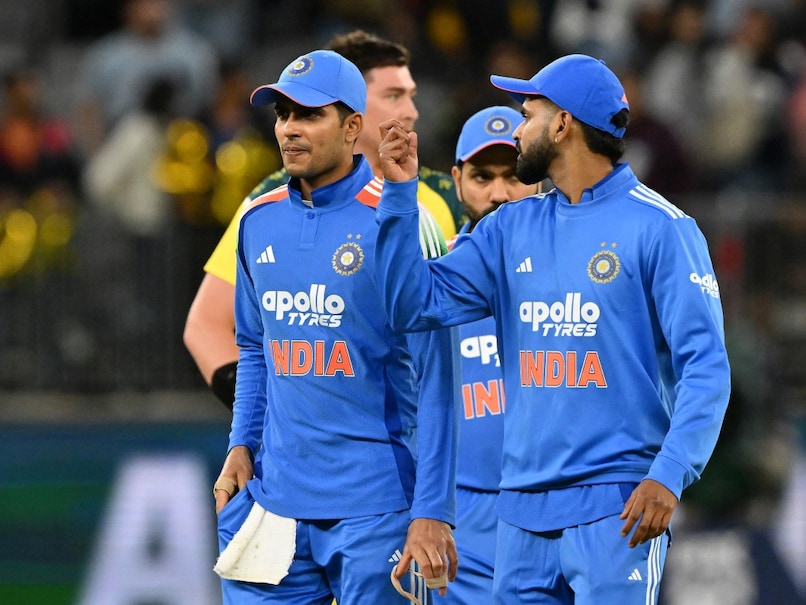‘On the Banks of the Pampa’: Volga’s ecofeminist novel about Sabari’s valiance in the Ramayana

Join our WhatsApp Community to receive travel deals, free stays, and special offers!
- Join Now -
Join our WhatsApp Community to receive travel deals, free stays, and special offers!
- Join Now -

Mythology has rarely been kind to women. Across cultures and geographies, it has replicated patterns of patriarchal oppression by trapping women in an inviolable binary of sacrificing mother/wife and evil temptress/hag. Epics centre on the valour of men and the submission of women. Helen is both a trigger and a trophy of war. Her sister, Clytemnestra, has been condemned to literary villainy for the brutal murder of her husband, Agamemnon. Cassandra makes prophecies that no one believes. Medea kills her children to punish her husband.
Closer home, Sita follows her husband into exile, is abducted, fought for, and subsequently abandoned. Surpanakha is punished for her desire and has her face mutilated. Panchali is given in marriage to five brothers. Woman after woman is denied agency in stories told by men. Venerated for her virtue or brutalised for her transgressions, the woman of mythology has been silenced for far too long. At a time when mythology, especially in this country, is being wilfully misread as history, the task of course correction seems to have fallen to the writer of fiction. While Natalie Haynes, Madeline Miller and Pat Barker have re-viewed the Greek tradition, writers like Samhita Arni, Amruta Patil, Chitra Banerjee Divakaruni,...
Read more
What's Your Reaction?
 Like
0
Like
0
 Dislike
0
Dislike
0
 Love
0
Love
0
 Funny
0
Funny
0
 Angry
0
Angry
0
 Sad
0
Sad
0
 Wow
0
Wow
0























































